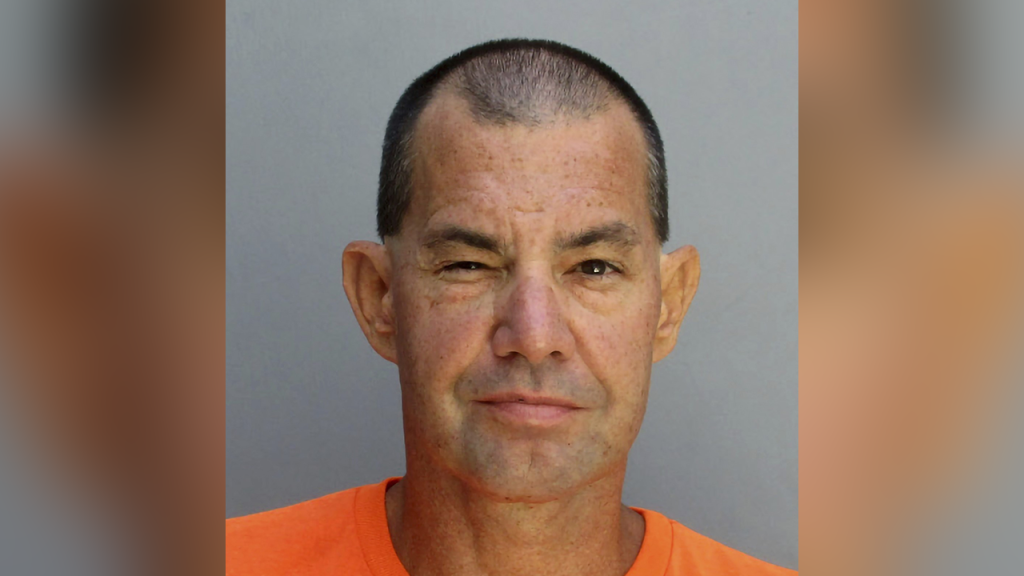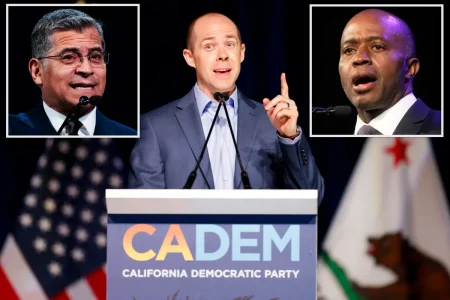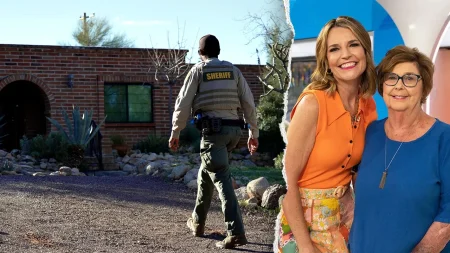Aaron Brian Gunches, a 53-year-old Arizona death row inmate convicted of murdering his girlfriend’s ex-husband in 2002, has taken the unusual step of petitioning the state Supreme Court to expedite his execution. Gunches, representing himself in legal proceedings, has expressed impatience with the legal formalities typically associated with death penalty cases, arguing that his sentence is “long overdue” and urging the court to schedule his execution for mid-February. This move comes after a two-year pause in executions in Arizona, prompted by a review of execution procedures and concerns about the state’s readiness to carry out the death penalty in a lawful and humane manner.
Gunches’s plea for expedited execution has generated considerable discussion around the complexities of capital punishment, highlighting not only the inmate’s unusual request but also the state’s responsibilities in ensuring a just and legally sound process. While Gunches, who pleaded guilty to the murder of Ted Price, has consistently maintained his desire for the death penalty, the state, under Attorney General Kris Mayes, insists on adhering to established legal procedures. These procedures include a briefing schedule designed to ensure that all execution requirements are met, including testing the pentobarbital intended for lethal injection. This stance reflects a broader debate about the balance between an inmate’s right to a timely execution and the state’s obligation to ensure a fair and transparent legal process.
The case also underscores the ongoing challenges surrounding capital punishment in Arizona. Governor Katie Hobbs, who took office in January 2023, initially expressed reservations about resuming executions until a thorough review of the state’s execution procedures was completed. This review stemmed from concerns about the state’s readiness to carry out executions following a nearly eight-year hiatus and prior criticisms regarding the handling of a 2014 execution. While the review concluded in November 2023, the case of Gunches highlights the lingering questions and challenges facing Arizona’s death penalty system.
Gunches’s request brings into sharp focus the ethical and logistical considerations inherent in capital punishment. His self-representation, while unusual, underscores the complexities of navigating the legal system, particularly in death penalty cases. The state’s insistence on following established procedures, even in the face of Gunches’s plea for expediency, highlights the importance of upholding due process and ensuring the legality of the execution process. This careful approach reflects a broader societal concern with the integrity and fairness of the justice system, particularly in cases involving the ultimate punishment.
The backdrop to this case includes the history of executions in Arizona, marked by periods of hiatus and controversy. The state’s last execution took place in 2022, following an eight-year pause prompted by concerns about a botched execution in 2014 and difficulties in procuring lethal injection drugs. The state has faced criticism for its execution procedures, including issues related to the administration of lethal injections. These past controversies have contributed to the current cautious approach, with a focus on ensuring that executions are carried out in a lawful and humane manner.
Gunches’s case presents a unique confluence of factors – an inmate’s desire for expedited execution, the state’s obligation to uphold legal procedures, and the ongoing debate surrounding capital punishment. The outcome of his petition will not only impact his individual fate but also potentially influence the future of capital punishment in Arizona. The case highlights the complex and often contentious nature of the death penalty, raising fundamental questions about justice, fairness, and the role of the state in carrying out the ultimate punishment.










